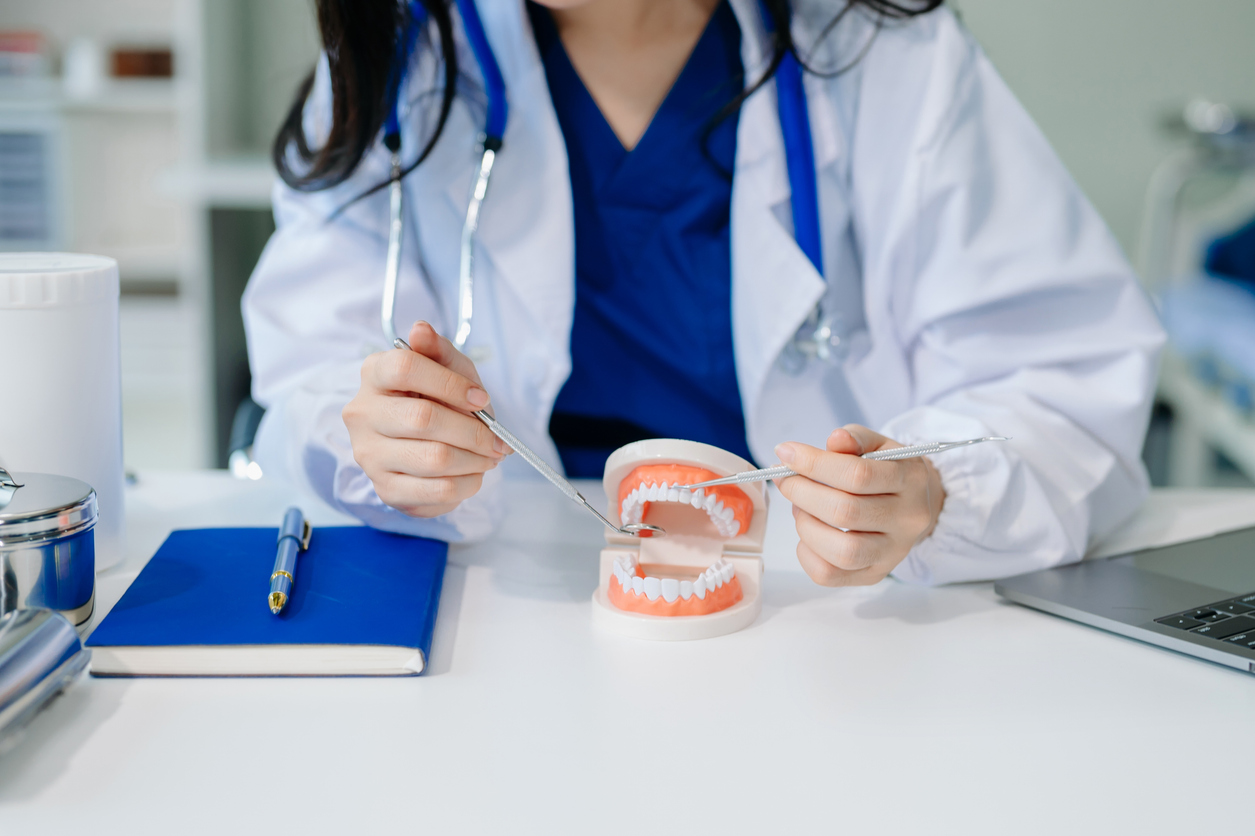What is an EFDA? A Closer Look at Expanded Function Dental Assisting
If you’re passionate about helping others and interested in a hands-on healthcare career, you may have come across the term EFDA, short for Expanded Function Dental Assistant. But what exactly does an EFDA do—and how is it different from a chairside dental assistant?
What Does EFDA Stand for?
EFDA stands for Expanded Function Dental Assistant. This Pennsylvania state license is given to dental assistants who receive additional training that qualifies them to perform advanced clinical tasks and pass a state board exam. These duties are beyond the chairside dental assisting scope of practice and must be overseen by a licensed dentist.
In Pennsylvania, where YTI’s EFDA program is offered, EFDAs are permitted to provide patient care under the direct supervision of a dentist, improving efficiency in dental offices and enhancing the patient experience.
What Do EFDAs Do?
EFDAs are trained to perform a variety of restorative procedures, including, but not limited to:
- Placing and finishing amalgam and composite restorations
- Applying dental sealants
- Performing coronal polishing
- Performing fluoride treatments
- Taking impressions
These duties free up time for the dentist and allow EFDAs to play a more integral role in patient care.
What’s the Difference Between a Dental Assistant and an EFDA?
While both roles are essential to a dental practice, an EFDA has completed specialized training and received a state license to perform more advanced procedures. A traditional dental assistant might help with sterilization, X-rays, and chairside support—but an EFDA can actually place and finish restorations in the mouth, among other tasks.
At YTI, the EFDA program is designed for those who already have at least two years of dental assisting experience and/or have received their DANB Certified Dental Assistant (CDA) and want to take their skills to the next level.
How Do You Become an EFDA?
In Pennsylvania, becoming an EFDA requires:
- Completion of an approved EFDA training program
- CPR certification
- Passing the Pennsylvania Expanded Function Dental Assisting Examination
- DANB Radiation Health and Safety certification, a minimum of two years of chairside experience and/or a DANB Certified Dental Assistant (CDA) certification.
YTI Career Institute’s EFDA diploma program meets the requirements set by the Pennsylvania State Board of Dentistry. YTI Career Institute is accredited by ACCSC.
The program includes:
✅ Hybrid format – online lectures and in-person labs every other week
✅ Hands-on training in sealants, amalgam and composite placement, and polishing
✅ Preparation for the PA licensure exam
✅ Completion in as little as 5 months or 200 contact hours
Visit yti.edu to learn more and take the first step toward a career that keeps the world moving.
